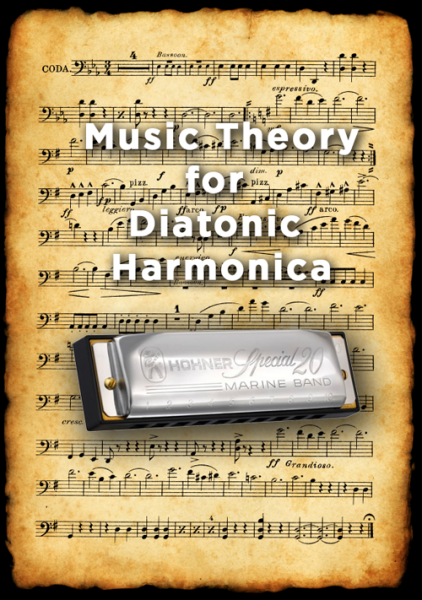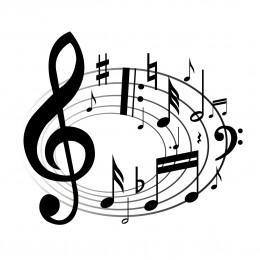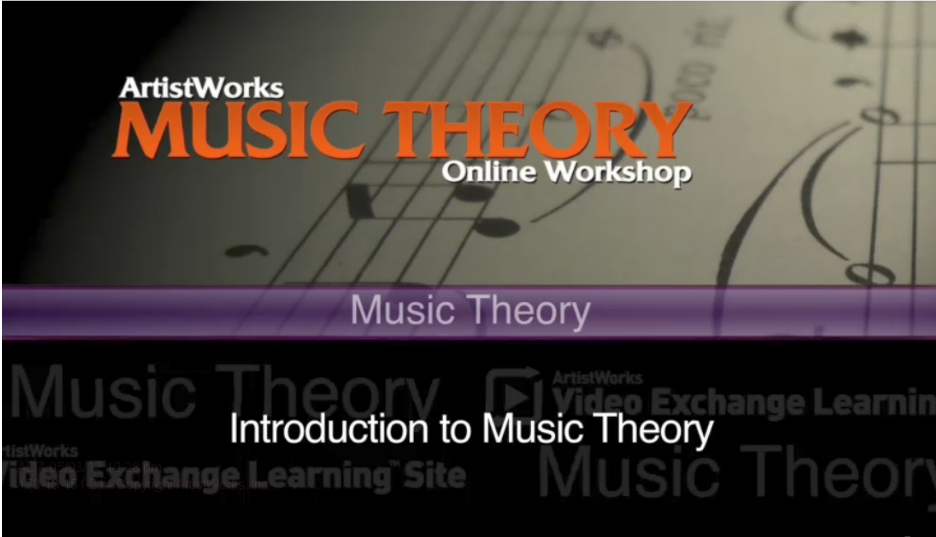Feature Spotlight: Music Theory Lessons
We all play music, but not everyone understands the science behind it. With music theory, musicians have a shared language to discuss and articulate ideas with other musicians. Unfortunately, not everyone learned this in school growing up (it'd be nice). Even if you do seek it out later in life, it can be hard to find a qualified music theory teacher willing to dispense all this knowledge on you (especially for free).
Lucky for anyone learning online at ArtistWorks, we've already done the work for you. We found a verifiable expert, Mr. Jonathan Coopersmith, and got him to record a whole series of music theory lessons for everyone here.
He boiled it all down to the main ingredients and has it broken up into 2 main categories: Basic Music Theory and Advanced Music Theory. Did we mention you already have access to all this in the Learn area? Read on to take the tour!
Music theory and the number system
Hello my reso friends. With this blog I’d like to talk about the topic of the number system. Some of you may have heard about this, and I’ve done some here and there to describe it. What I’ve noticed is that with music theory type stuff, it takes a lot of repetition over time and from different angles for things to sink in. So let’s use this as an opportunity to push the bar forward a little on our knowledge of theory, and more specifically, the number system. It’s a pretty useful and widely used way to refer to notes or chords, and help musicians communicate.
Music Theory for Diatonic Harmonica: Part 3

The majority of Americans who play diatonic harmonica are primarily Blues players. This is because the instrument naturally plays Blues chords and licks if you play in the Mixolydian Mode, G on a C harp, also called Cross Harp and Second Position. (Ah, terminology.) This approach was discovered by American Blues musicians sometime in the 1920s or 30s - nobody really knows when. It is an incredible coincidence that the Germans would unknowingly design the world’s greatest Blues instrument, but it’s the truth. It’s just as natural to play a simple Blues chordal vamp on the diatonic harmonica as it is to play a German Folk tune.
Music Theory with Howard Levy: Part 1

Learning music theory will actually help you pick out tunes by ear. I think the most important thing about music theory is teaching someone how to HEAR more accurately. I like to keep the terminology to a minimum and only teach things that are the most useful to what a musician needs to make progress at each step along the way.
The skill of being able to hear what you are listening to accurately is one that few people possess naturally, so it usually needs to be explained and taught. I like to draw a parallel between sight and sound.







